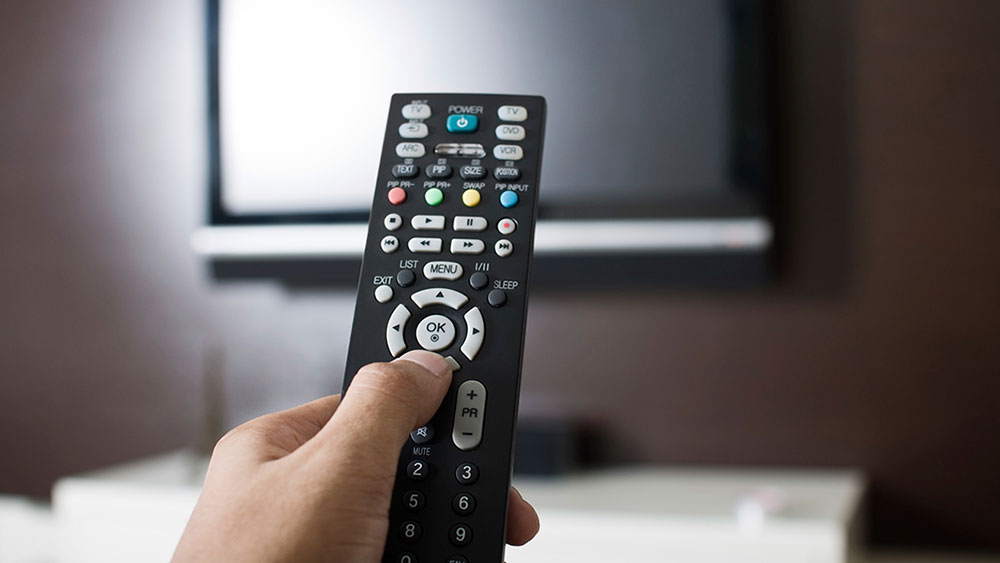The FCC has released the text, all 100-plus pages, of its Notice of Proposed Rulemaking (NPRM) on opening up MVPD set-top content to third parties.
The body was divided and had come to final vote that went 3-2 in favor of the motion and had approved the NPRM.
The Future of Television Coalition, a group that includes pay-TV providers and the set-top box makers that supply them, blasted the FCC move, saying the “rule does not make sense” because it could erode household privacy “all for an unnecessary government giveaway to Big Tech.”
Information that MVPDs will have to pass is “(1) service discovery (information about what programming is available to the consumer, such as the channel listing and video-on-demand lineup, and what is on those channels), (2) entitlements (information about what a device is allowed to do with content, such as record it), and (3) content delivery (the video programming itself, along with information necessary to make the programming accessible to persons with disabilities).”
“Navigation Devices that have been certified by the developer to meet certain public interest requirements. We tentatively conclude that this certification must state that the developer will adhere to privacy protections, pass through EAS messages, and adhere to children’s programming advertising limits,” the FCC said.
On Feb. 17, the Consumerist Web site elaborated on what the senators called “obtuse fees” by parsing a Time Warner Cable bill. “[T]he price you actually pay can be 30-40 percent or more on top of [what you were told] thanks to a heap of sometimes confusing charges and fees,” it said.
“Each consumer has invested thousands of dollars into the box without having any ownership,” says Chip Pickering, CEO of Incompas, a trade association for “competitive networks”, backed by Google, Amazon, Netflix, and others. “That’s a monopoly business model.”.


